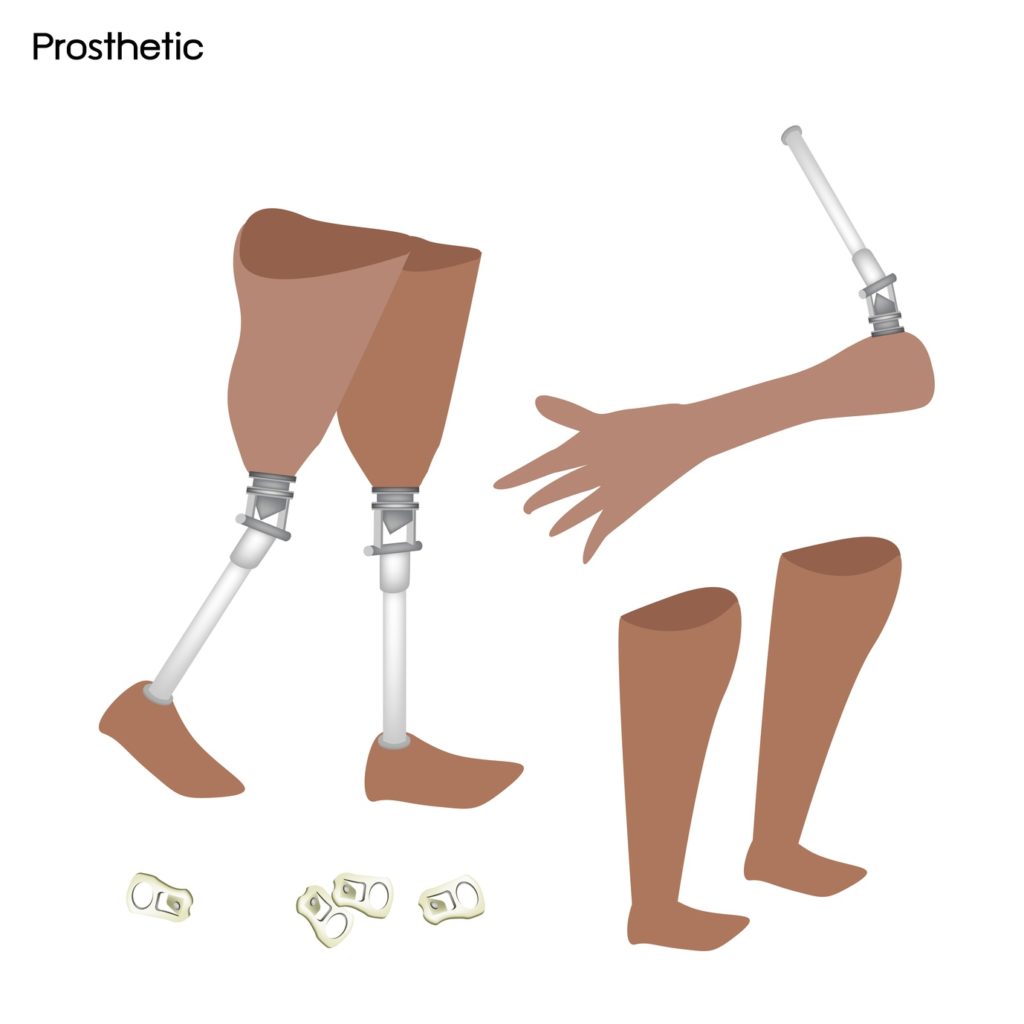Doctors use amputation as a last resort to remove unhealthy tissue that may affect the rest of your body. Afterwards, it’s common to replace the amputated limb with prosthetics in Memphis, TN, so that you can live as normal a life as possible. However, it can be difficult to adjust to the new limb, both physically and mentally. Follow these steps to make the adjustment as easy as possible.
Discuss Your Goals
Before your amputation, talk with your doctor about your goals after surgery. What do you want to be able to accomplish with your prosthetic limb? How active do you plan to be? There are several different types of prostheses, and each have their own pros and cons. Your doctor can help you determine what style is best suited to your needs.

Start a Healthy Lifestyle
The healthier your body is, the faster it will heal and the easier you will be able to adjust to your new prosthetic limb. Start cutting unhealthy foods and drinks out of your diet and stay as active as possible, even before your surgery. Start a program to quit smoking, since smoking can cause dangerous complications during and after your surgery.
Reduce Swelling
After your surgery, you will experience a great deal of swelling in your residual limb. Your doctor will teach you how to apply an elastic sock or bandage to the area, which will help reduce this swelling by increasing circulation. Until the swelling subsides, you won’t be able to be fitted for prosthetics in Memphis, TN.
Wait for Healing
Your residual limb will also have to heal before you can be fitted with a permanent prosthetic limb. Keep the area as clean as possible, especially around the incision. It will take several months before you are sufficiently healed for a prosthetic limb. During this time, your residual limb will change in size and shape as a result of the amputation.
Work with a Therapist
After your surgery, it’s important to work with a physical therapist to prepare your body for the prosthetic limb. Your therapist will give you exercises to perform that will increase strength and flexibility in your residual limb, as well as the rest of your body. Your artificial limb will need to use many different muscles in order to work, and the better you prepare beforehand, the easier the adjustment will be.
It’s also a good idea to speak with a counselor before and after your amputation. Losing a limb is a life-changing experience, and many people have a difficult time adjusting to this loss. Your therapist can help you prepare emotionally for the challenges you will have to face during this time.


